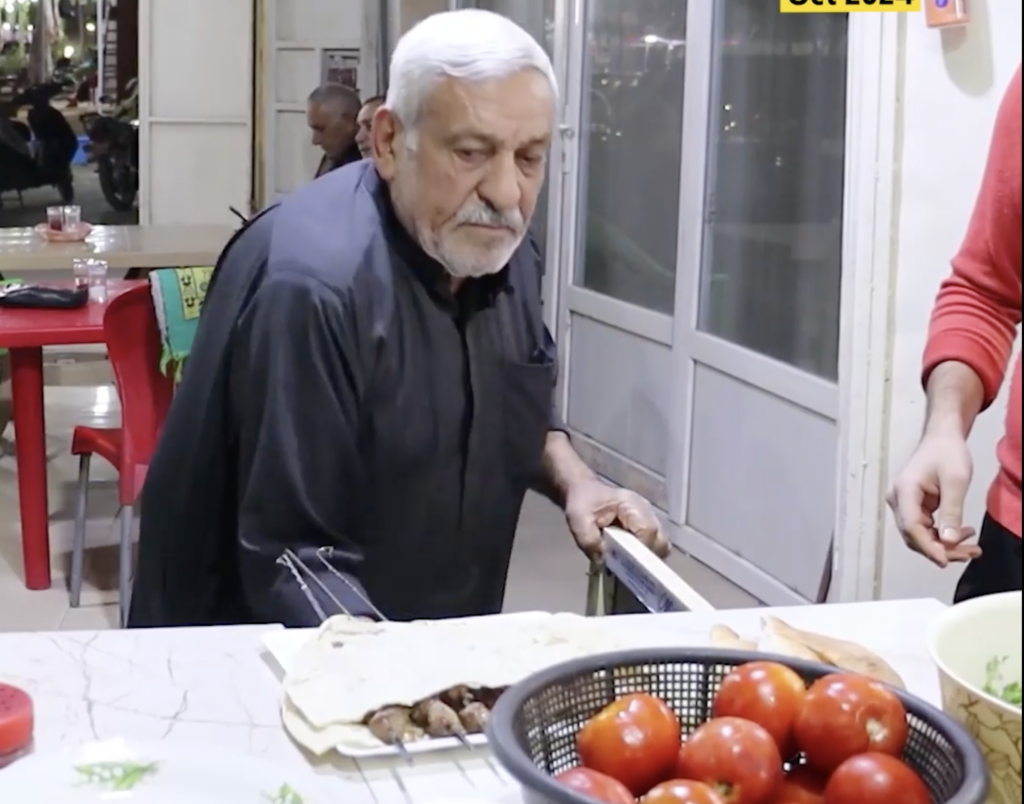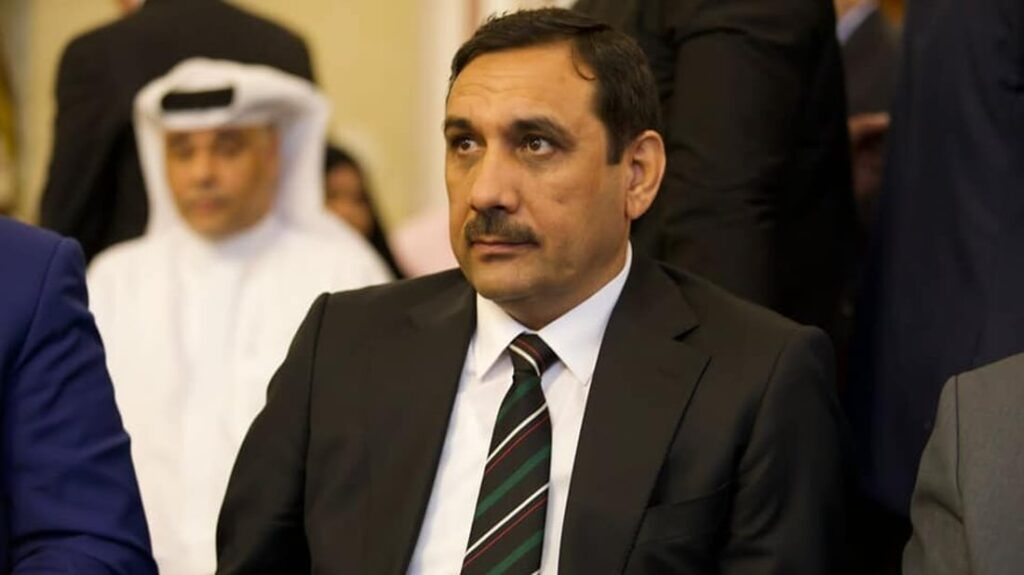Trump softens stance on S-400, but is rebuffed by Erdogan

WASHINGTON DC (Kurdistan 24) — Earlier this week, senior US officials—starting with President Donald Trump—began to propose an unusual way out of the dilemma created by Turkey’s acquisition of the advanced Russian air defense system, the S-400.
A US law, known as CAATSA (Combatting America’s Adversaries Through Sanctions Act), requires the administration to impose sanctions on Turkey for purchasing the Russian weapon. Trump is reluctant to do so, however,
On Tuesday, Trump told Republican senators that he wanted to strike a deal with Turkish President Recep Tayyip Erdogan: Turkey would refrain from putting the S-400 into operation, and, instead, acquire the US Patriot air defense system. That would also allow Turkey to buy the F-35, America’s most advanced fighter jet (Turkey, which was originally a participant in the F-35 program, was excluded from it ten days ago, as Russian deliveries of the S-400 began.)
Read More: White House affirms Turkish exit from F-35, as Pentagon provides details
Subsequently it emerged that, in his meeting with the senators, Trump asked Sen. Lindsey Graham (R, South Carolina), with whom he has close relations, to speak with Turkish Foreign Minister Mevlut Cavusoglu.
On Wednesday, Graham phoned Cavusoglu and proposed that Turkey not deploy the S-400. That would avoid US sanctions and even open up the possibility of a free trade agreement between the US and Turkey, Graham explained to Defense One.
On Thursday, Secretary of State Mike Pompeo told Bloomberg TV, “What we’d really like is the S-400 not to become operational. That’s our objective.”
‘It’s what we’ve been talking to the Turks about for months and months,” Pompeo continued, and “we’re urging them to reconsider that decision.”
On Friday, however, Turkish President Recep Tayyip Erdogan affirmed that he intends to have the S-400 in operation next year.
“In the coming spring, God willing, in April 2020, we will be able to start using the system,” Erdogan told a conference of his Justice and Development Party (AKP).
“No threats or sanctions, Turkey’s removal from the F-35 project in particular, can prevent us from implementing our country’s security priorities,” Erdogan stated.
In his conversation with Cavusoglu, Graham also warned that if the S-400 “gets activated, there are no options left.” Sanctions will follow, as “the law is clear.”
TRT World, Turkey’s government-run international news channel, also described the conversation, in very similar terms. TRT World explained that Graham had said, “Just don’t turn on the system, and you won’t see sanctions—much like what Secretary of State Mike Pompeo said.”
But Graham also said, “If you did turn on the system, then the relationship between Turkey and the US could take a very dark turn, and sanctions would be inevitable,” TRT World reported.
During his speech to the AKP, Erdogan also threatened—using very strong language—to attack northeast Syria, where the Kurdish-led Syrian Democratic Forces (SDF) in partnership with the US-led coalition, have defeated the Islamic State.
“We are determined to destroy the terrorist corridor east of the Euphrates in Syria,” Erdogan told his party members, “no matter how the talks currently being held with the US for the formation of a safe zone along the Syria border conclude.”
Amb. James Jeffrey, US Special Representative for Syria and Special Envoy for the Global Coalition to Defeat ISIS, ended three days of discussions about Syria in Turkey on Wednesday, but the two sides were unable to reach an agreement.
Read More: Talks on Syria safe zone end without agreement, as US Senate pushes to sanction Turkey for S-400
It is unclear, if the Trump administration was prepared for Erdogan’s tough stance. The State Department did not respond to a request from Kurdistan 24 for comment on his statement about putting the S-400 into operation next spring, and the Pentagon did not respond to a request for comment about his threat to attack northeast Syria—where US Special Operations Forces are working alongside the SDF.
Read More: US-led coalition carries out patrols in Syria amid Turkish invasion threats
Dr. Aykan Erdemir, formerly a Turkish parliamentarian and now a Senior Fellow at the Foundation for Defense of Democracies, advised Kurdistan 24 that Erdogan sees “the discord between Trump and Congress on CAATSA sanctions as likely to result in a lenient policy.”
“The US response will continue to embolden him, just as earlier attempts at appeasing him have done,” Erdemir continued. “Therefore, he has upped the ante, not only vis-a-vis the S-400 batteries, but also northeast Syria.”
A former Pentagon official noted to Kurdistan 24 that other countries, including Qatar, Saudi Arabia, and India, are all thinking of purchasing the S-400. “If the US response to Turkey’s acquisition of that missile system is too weak,” he warned, “some of those other countries may well feel emboldened to follow suit.”





